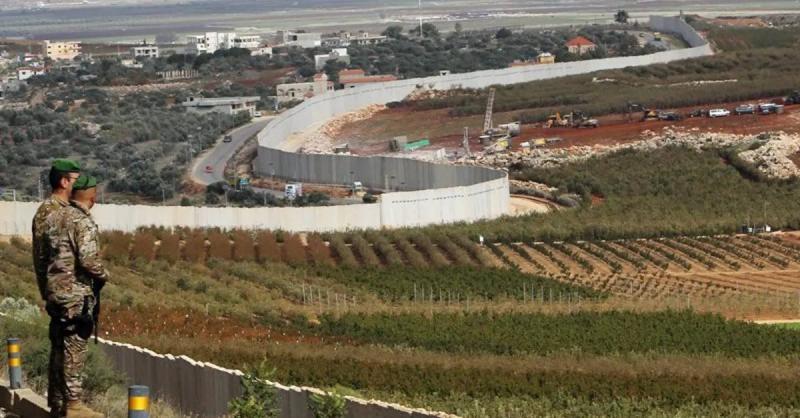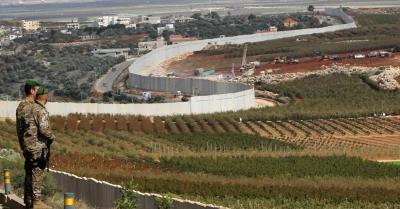As the field, diplomatic, and propaganda violations escalate amid ongoing clashes in the south, characterized by heightened Israeli threats and Iranian exploitation, the internal Lebanese opposition to the war has notably intensified. This escalation serves as a crucial indicator of the widespread and comprehensive dissent against re-involving Lebanon in a war fraught with perilous and catastrophic consequences, as reported by "An-Nahar."
In recent hours, a significant political and media mobilization has emerged from key opposition forces. Opposition parliamentary sources have indicated to "An-Nahar" that this reflects the grave dangers accumulating among opposition entities regarding the threats of a large-scale war affecting Lebanon. There is a pressing need for an effective and impactful internal movement to counter these threats before it is too late.
The sources emphasized that the opposition's warnings of a major war, including a detailed roadmap to avoid such a situation, stemmed from extensive consultations and data collection among all opposing forces. This is complemented by a rational perspective and a sense of national responsibility, as articulated in the opposition's statement regarding the impending dangers unless Lebanon raises its voice strongly and couples this with urgent measures. These measures primarily involve confining security to the state and legitimacy through an effective and renewed deployment of the Lebanese army to defuse the war threat widely.
The opposition recognizes that it is addressing a deaf government and an almost non-existent state, as power remains concentrated in the hands of a unilateral team that has decided on war, disregarding the will and existence of the state and all Lebanese citizens. Nevertheless, there is a necessity to bear the responsibility of sounding the alarm over the growing danger and to see what the response of those dismissive of Lebanon's ruin will be if immediate initiatives are not taken to halt the multifaceted violations linked to forcibly entangling Lebanon in the Gaza war.
Amid these signals, opposition MPs held a press conference yesterday, during which MP Ashraf Rifi read a statement from the opposition and proposed a vision through a roadmap that would defuse tensions and prevent a devastating war in Lebanon. This vision outlines several key points, notably the need to avoid linking the Lebanese and Palestinian tracks regarding the Gaza situation and the necessity of separating them.
The opposition stated they will not allow Lebanon to be dragged into a comprehensive war that does not benefit the Palestinian cause and destroys Lebanon. They will not accept armed groups operating on Lebanese territory, whether local or foreign, to impose a framework of unified arenas, which the majority of Lebanese reject in service of the regional resistance project.
They reiterated the importance of implementing UN Resolution 1701 in all its provisions by all parties and emphasized supporting the Lebanese army and security institutions to secure the international borders to the south, east, and north, and to enforce international legitimacy resolutions such as 1559, 1680, and other related international treaties.
It was emphasized that avoiding a broader war than the one currently underway remains possible; however, this requires the caretaker government to assume responsibilities it has neglected since the first day of the war. This includes immediately halting all military actions outside the framework of the Lebanese state and its agencies that are launched from Lebanese territory and any other sources, declaring a state of emergency in the south, and handing over control to the Lebanese army. The army must be tasked with responding to any aggression on Lebanese territory and acting diplomatically to return to the 1949 armistice agreement and fully implement UN Resolution 1701.
The opposition called for a parliamentary session to discuss the ongoing war in the south and the risks of its expansion, urging parliament members to adopt these points as a roadmap for de-escalating tensions and shielding Lebanon from war.
Not far from this dissenting mobilization, the "Saydet el-Jabal" meeting vehemently criticized the Arab League's decision to strip Hezbollah and its Iranian-commanded weaponry of their terrorist designations. They announced that it is unacceptable for Hossam Zaki to come from Beirut to remove Hezbollah's designation as a terrorist organization while Iranian proxies threaten security in the Red Sea and Mediterranean. It was made clear by those defending Lebanon's sovereignty, independence, and freedom that they will not accept anyone hand over Lebanon’s fate to Iran and its militias in the region, according to "An-Nahar."




